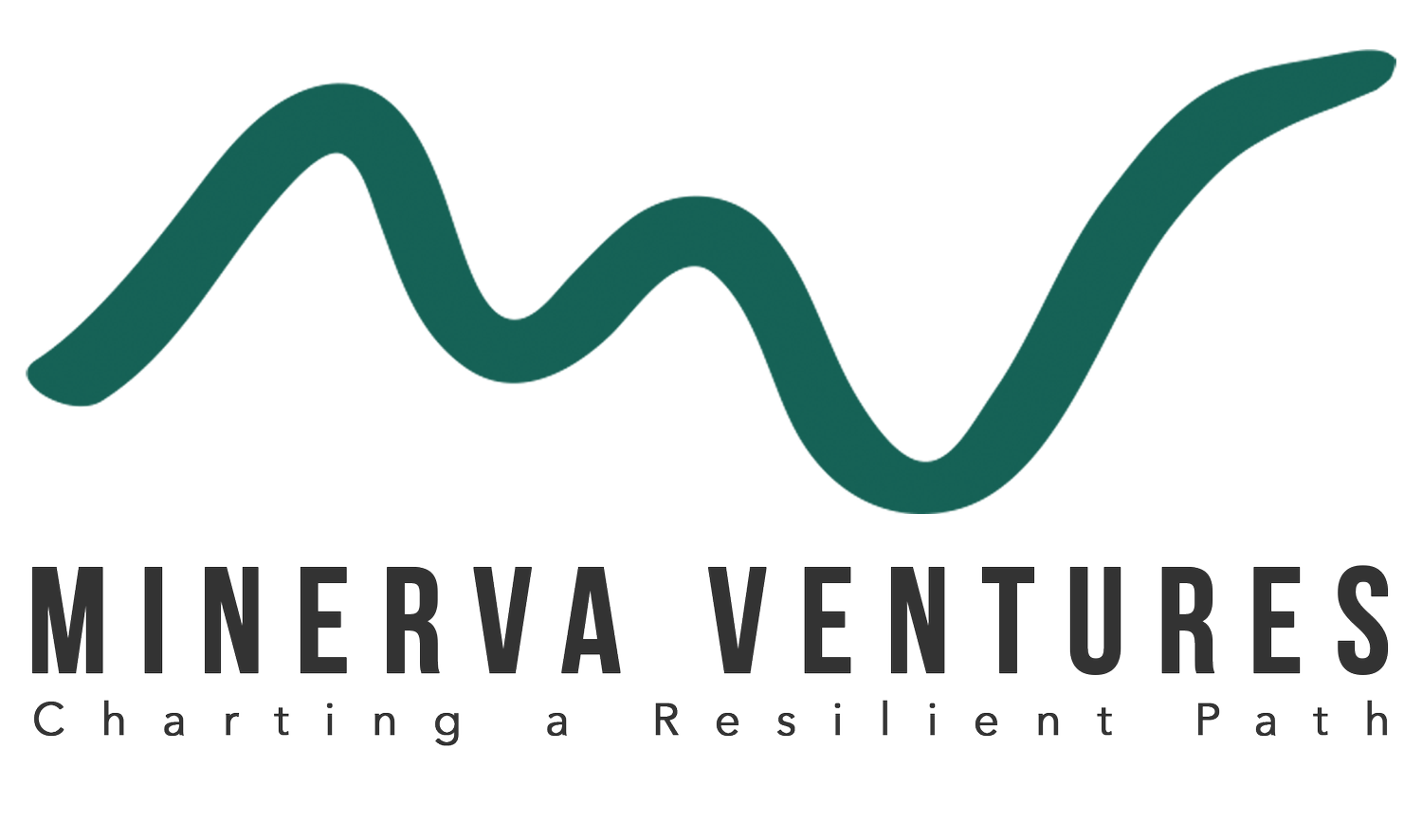Message to Leaders on Election Day 2018
Dr James Hansen testified to Congress in 1988, warning that climate change was happening and that policymakers needed to take urgent action. 41 years later his dire predictions are here.
https://www.axios.com/how-much-earth-has-warmed-since-hansen-testified-b6f8fdb4-484e-477f-b8b6-6ee320994dc0.html
Climate change is not just an existential threat. Climate change is fundamentally interfering with the way the living and geophysical systems of the planet operate. Therefore, we must transform:
The way we organize our communities and our economy.
How we generate and use energy.
How we make and distribute goods and services.
How we grow crops.
How we improve human health.
How we prepare for and respond to natural disasters such as fires, floods, storms, extreme heat and droughts.
In short, everything we do.
Disruption in expected weather patterns and seasons is one of the consequences of a warming planet. That means that species will migrate differently. Crops will struggle to deal with weather extremes and mismatches between flowering and pollination cycles. Farmers are already having difficulty getting into wet fields or irrigating dry ones. Over-pumping of aquifers may cause subsidence and even intrusion of saline water into traditionally reliable water sources. Sea level rise and powerful storms will disrupt coastal life, including the operation of wastewater treatment facilities and other infrastructure. Access to bridges and periodic flooding of roads will impede transportation.
Dr. James Hansen, Columbia University http://www.columbia.edu/~mhs119/SeaLevel/
Disaster recovery costs will swamp capital available for infrastructure improvement, research and development and other investments that help businesses, economies and communities grow and thrive.
Floodwaters overwhelm vehicles in Panama City on Wednesday, October 10, 2018. Photo from CNN https://www.cnn.com/2018/10/11/us/hurricane-michael-tropical-storm-wxc/index.html
Climate change is not just an environmental concern. Its impacts pervade all aspects of our society. In areas hardest hit, people will begin fighting over scarce resources; others will migrate in search of safety, work and food for their families. Social order exists by agreement. That social contract can easily be broken, as it has in Syria, Yemen, Nicaragua and other countries around the world. We in the US must deal with those consequences whether we want to or not. Sealing the border, building sea walls and other protectionist action will not be enough to save us from a destabilizing world. We risk conflict over resources within our own borders, as well.
However, we do not need to be passive victims resigned to a grizzly fate. Climate change also presents us with an unprecedented opportunity to reinvent our economy and our communities to become resilient and regenerative.
A carbon tax is one policy tool to help the market begin to internalize the true costs of extracting and burning fossil fuel, or making and discarding plastics. But that alone will not be sufficient. We need to invent and enact innovative solutions in all domains of human endeavor. We need to design products and processes that enhance our quality of life rather than degrading natural resources. We need to protect Arctic ice. Capture carbon for beneficial uses. Stop extraction and combustion of fossil fuels. Switch to renewable energy. Manage water for reuse and efficiency. And take action in advance to protect communities from climate harm.
Preparing means building congenial and productive relationships among neighbors, whether on a person-to-person basis or between nations. As R. Buckminster Fuller wisely said, “we are all astronauts on a little spaceship called Earth.” We have been blessed with an enormously fertile, beautiful and resilient planet. How can we serve as stewards rather than exploiters? How can we switch modes right now? There is no more time to waste.




